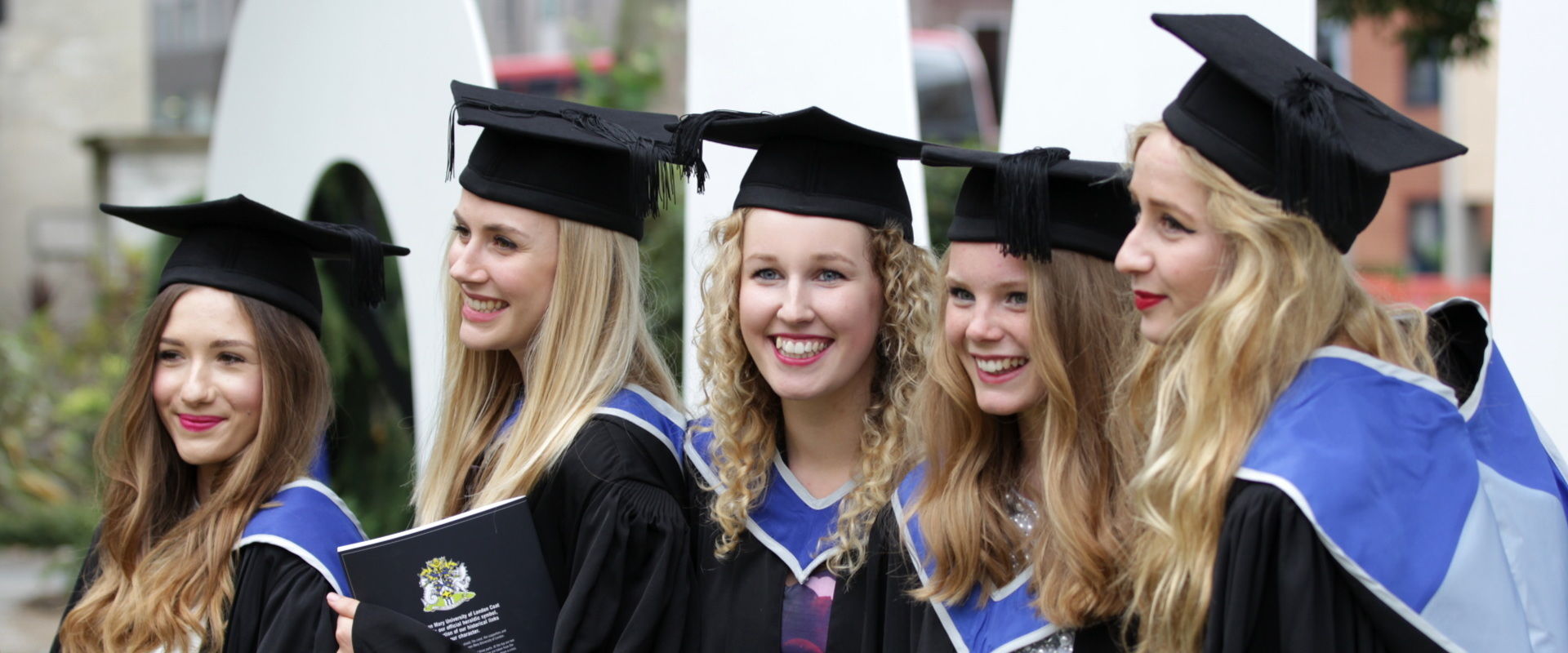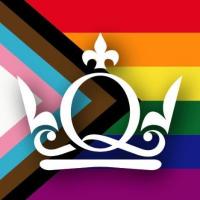MSc Biomedical Engineering
Biomedical Engineering applies the principles of science and engineering to biological and medical problems. It has applications in a variety of fields from the design, development and operation of complex medical devices used in diagnosis and treatment, to the development of software products and theoretical models that enhance the understanding of complex issues in the biomedical area. Biomedical engineering is a rapidly developing field that relies on inter- and multidisciplinary approach to research and development. Specialists in this area face problems that differ significantly from the more traditional branches of engineering. Biomedical engineers use methodologies and techniques developed in the more traditional engineering fields and adapt them to the particular specifications of the biomedical applications.
The aim of this course is to allow students with a strong engineering background to develop their knowledge in this field to an advanced level, in both experimental and computational areas, allowing them to participate in the advancement of knowledge as well as technology in this area. The program aims to prepare specialists with advanced skills in computational modeling, numerical techniques and in-depth understanding in engineering approaches to biological problems. Students completing this program will be able to develop novel computational and technology products for use in the biomedical industries. You will have acquired extensive knowledge in the areas of computational solid and fluid mechanics with a focus on biomedical applications such as biomechanics, biofluids, tissue engineering.
The MSc in Biomedical Engineering may also appeal to clinicians interested in this exciting and rapidly developing area of medicine. The MSc provides the opportunity to be involved in internationally leading bioengineering research and to gain a valuable postgraduate qualification, both of which may aid career progression within medicine.
Intakes
- Sep
Application Processing Time in Days: 30
Application Process
Minimum English Language Requirements
| English Level Description | IELTS (1.0 -9.0) | TOEFL IBT (0-120) | TOEFL CBT (0-300) | PTE (10-90) | |
|---|---|---|---|---|---|
| Expert | 9 | 120 | 297-300 | 86-90 | |
| Very Good | 8.5 | 115-119 | 280-293 | 83-86 | |
| Very Good | 8 | 110-114 | 270-280 | 79-83 | |
| Good | 7.5 | 102-109 | 253-267 | 73-79 | |
| Good | 7 | 94-101 | 240-253 | 65-73 | |
| Competent | 6.5 | 79-93 | 213-233 | 58-65 | |
| Competent | 6 | 60-78 | 170-210 | 50-58 | |
| Modest | 5.5 | 46-59 | 133-210 | 43-50 | |
| Modest | 5 | 35-45 | 107-133 | 36-43 | |
| Limited | 4 | 32-34 | 97-103 | 30-36 | |
| Extremely Limited | < 4 | < 31 | < 93 | < 30 |
Job Opportunity Potential
Careers support
The services we offer to support your career development include:
- one-to-one appointments to help you with your career direction, give feedback on job applications, offer insight into the job market and prepare you for interviews
- workshops to support your career development and job hunting
- employer events attracting recruiters and alumni from a rich range of sectors
- support for finding internships and parttime jobs
- specialist careers consultants to support PhD students through appointments, events and workshops.
Support for international students
- We offer a programme of support for international students throughout the year, which involves talks on how to find graduate work in the UK and an International Students Week featuring external speakers.
- Students can search for jobs across the world with our international jobs database, as well as browse our guides on getting work in particular markets.
- All students have access to a rich programme of employer events and career development workshops, running across the University year.
Support after graduation
Our careers support continues after you leave Queen Mary.
- All graduates have access to our Careers and Enterprise services for two years after graduation.
- You can have -
free one-to-one appointments in person, over the phone or via Skype
Attend our employer events
use our online psychometric testing and mock-interview software
access our jobs board – over 3,000 employers uploaded vacancies in 2018/19.
Queen Mary graduates have gone on to work in these organisations:
• Accenture • Allen & Overy • Arup • AstraZeneca • Baker McKenzie • Barts Health NHS Trust • European Central Bank • Fintech Innovation Lab • Google • HSBC • IBM • Institute of Cancer Research • Institute of Dentistry • J.P. Morgan • Jaguar Land Rover • Lloyds Banking Group • Natural History Museum • Penguin • PwC • Queen Mary • Save the Children • Shell • Stella McCartney • Thales • Thomson Reuters • World Economic Forum ...and many more!
Careers success
93% of our postgraduates are in work and/or study six months after graduation. 84% of those in work/study are in highly skilled work/study (most recent DLHE Survey of 16/17 leavers)*
Enterprise support
Many students and graduates across Queen Mary start or grow their own business or social venture each year. In 2018/19, Queen Mary gave out £45,000 in seed funding to help students start new, or grow existing businesse
PSW Opportunity
- 2 Years PSW is applicable after the course completing (Bachelors level or above).
Admission Requirement / Eligibility Criteria
Degree requirements
- A good 2:2 or above at undergraduate level in Engineering or a related discipline.
India
We normally consider the following qualifications for entry to our postgraduate taught programmes: Bachelor Degree (minimum 3 years) from selected institutions.
- UK 1st class degree: 70% to 80%
- UK 2:1 degree: 60% to 70%
- UK 2:2 degree: 50% to 60%
Offer conditions will vary depending on the institution you are applying from. For some institutions/degrees we will ask for different grades to above, so this is only a guide.
- Course Type: Full Time
- Course Level: Masters/PG Degree
- Duration: 01 Year
-
Total Tuition Fee:
23950 GBP
Annual Cost of Living: 12006 GBP
Application Fee: N/A
Similar Programs
- Telecommunication and Wireless Systems MSc at Queen Mary University of London
- M.Sc Sustainable Energy Engineering at Queen Mary University of London
- Sustainable Energy Systems MSc at Queen Mary University of London
- MSc Mechanical Engineering at Queen Mary University of London
- M.Sc Machine Learning for Visual Data Analytics at Queen Mary University of London
- MSc in Internet of Things (Data) at Queen Mary University of London

